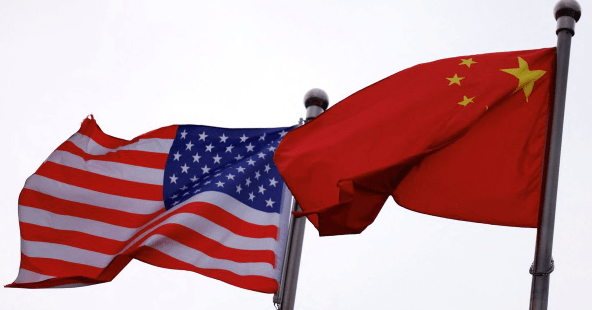In a significant development reflecting escalating trade friction with Washington, China has appointed a new international trade negotiator, marking a strategic shift in its trade diplomacy. The move comes as tensions over tariffs between the United States and China continue to intensify.
The newly appointed China trade negotiator, Li Chenggang, will replace Wang Shouwen, who had previously represented China during the discussions that led to the 2020 trade agreement with the United States.
This reshuffle takes place against the backdrop of rising trade barriers. The United States has imposed steep tariffs on Chinese goods, leading Beijing to respond in kind. Presently, Chinese exports to the US face tariffs of up to 145%, while other nations received a 90-day grace period on most duties.
Earlier this week, China announced that its economy expanded by 5.4% year-on-year during the January to March quarter, fuelled largely by robust exports.
However, analysts anticipate a slowdown in the coming months as the full impact of American tariffs on Chinese imports sets in. Despite the challenging trade environment, the government remains committed to its 2024 growth target of around 5%.
Exports played a pivotal role in helping China meet its economic goals in early 2024, but sustaining momentum may become increasingly difficult. Domestic consumption remains sluggish, and replacing the influence of American consumers with those in Europe and the Global South will pose a formidable challenge.
In retaliation, Beijing has imposed tariffs of up to 125% on US goods. Nevertheless, Chinese authorities have reiterated their intention to maintain openness in trade and investment.
“In the near term, the tariffs will put pressure on China’s economy, but they will not derail long-run growth,” said Sheng Laiyun, spokesperson for the National Bureau of Statistics
It remains unclear why the leadership opted to appoint a new negotiator at this time. However, officials have indicated that China is exploring a variety of counterstrategies. These include greater reliance on its vast domestic market of 1.4 billion people and expanding trade with regions such as Europe and the Global South.
This strategic appointment comes amid broader developments in China’s trade policy, including its strengthening ties with neighbouring nations, as seen in the evolving China-Vietnam trade relations in response to US tariffs.
Adding another layer to the trade tension, China has also introduced additional export controls on rare earth elements—critical components in sectors like high-tech electronics, aerospace, and defence.
Li Chenggang’s appointment signals a potential recalibration in China’s trade negotiation tactics. As both nations entrench their positions through higher tariffs and stricter controls, the global trade landscape continues to shift. While short-term economic turbulence appears inevitable, China’s leadership is banking on strategic resilience to navigate the prolonged trade dispute.






